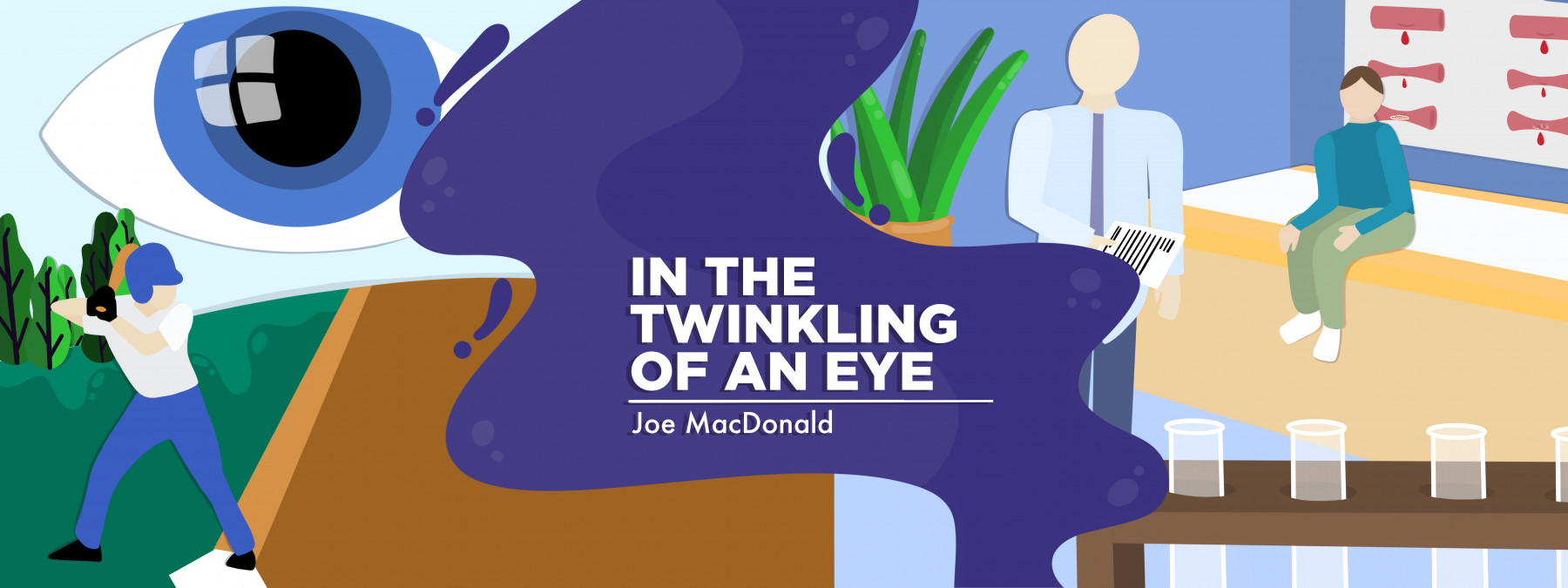By giving back to our community, we can help dispel loneliness
This year, let's find new ways to offer hope and support to others
Written by |

Many of us resume our schedules after the holidays, when we start a new year. We recommit ourselves to following a health plan or finding ways to let go of past hurts. Just to be clear, I didn’t say New Year’s resolutions. When we decide to redirect unhealthy behavior and dedicate ourselves to a new way of living, we must do so every day. But breaking our promise doesn’t mean we’ve failed. We always have another day to improve our mental and physical health.
One significant thing we can do is help those who may feel neglected or alone throughout the year — especially at the start of January. Many of you who’ve loved someone struggling with a chronic illness will know what I mean.
After my oldest son, Julian, was born with hemophilia, I realized our lives had changed in the strangest of ways. Before his birth, our refrigerator held eggs, milk, butter, and such. After his diagnosis, there were still food items, but we’d also made space for our son’s factor VIII medication. Opening the refrigerator to get out jelly for a sandwich reminded me that our home was different. I didn’t know any other families struggling with the same issues. I felt isolated and had no one to turn to for help and support.
How our lives changed again
Luckily, we received a phone call from a woman named Lisa at the Lone Star Bleeding Disorders Foundation. (We were living in Texas at the time.) I’ll never forget the day she called my wife, Cazandra. Lisa’s mission proved simple. She wanted to introduce herself and invite us to join a community of people facing similar medical issues.
While Cazandra was on the phone, I could see her breathe a sigh of relief. Lisa invited us to join the chapter and acknowledged our feelings of loneliness, noting that she’d struggled with the same issues when her son received his diagnosis. She didn’t know where to turn until a wonderful woman in the bleeding disorders community reached out to her, just as Lisa did to us.
In our community, it’s easy to keep our heads down to weather the storms. We may get wrapped up in our own little worlds and lose sight of people who are willing to lend a helping hand.
One way we can improve is by taking the initiative to reach out to others and inviting them to take part in activities of our local bleeding disorders chapters. Through our work within the community, my wife and I found other young families struggling with the same issues we faced.
One year, chapter leaders asked Cazandra and me to facilitate discussions with a group of newly diagnosed parents. I saw myself as I looked into their eyes. I could see the fear on their faces as they struggled to make sense of their child’s diagnosis. I saw the shame in many women’s eyes as they blamed themselves for their children getting sick.
We assured the families that no one needed to own the blame for their son’s or daughter’s bleeding disorder. As we continued to affirm the people in the room, I saw some tears fade into laughter as the participants finally felt that they could breathe. Also, much as Lisa did for us, we shared a message of hope and gave our phone numbers to those who wanted to stay in touch. We eventually became good friends with several participants.
As we left the room, I thought, “I just did for them what Lisa did for my wife and me. She saved Cazandra and me from loneliness and introduced us to our local chapter.” From there, we met others who struggled with bleeding disorders, and many of those friendships continue today. We were blessed to receive help and are grateful we can now provide support to others.
So at the start of a new year filled with new possibilities, I look for new ways to share a message of hope with those who feel isolated and alone. To those who are struggling, I see you and welcome you into our community. Here you will find friendships, information, and support. You are not alone.
I raise my head to the sky and say, “Thank you, Lisa, for teaching us how to live well with our son’s bleeding disorder.”
Note: Hemophilia News Today is strictly a news and information website about the disease. It does not provide medical advice, diagnosis, or treatment. This content is not intended to be a substitute for professional medical advice, diagnosis, or treatment. Always seek the advice of your physician or another qualified health provider with any questions you may have regarding a medical condition. Never disregard professional medical advice or delay in seeking it because of something you have read on this website. The opinions expressed in this column are not those of Hemophilia News Today or its parent company, Bionews, and are intended to spark discussion about issues pertaining to hemophilia.



G Shellye Horowitz
Thank you so much, Joe, for sharing this important perspective. With the newer treatments, people seem to gather less often, yet the impact of carrying the burdens of a bleeding disorder remain. Community and fellowship definitely have a critical role to play in navigating this world.